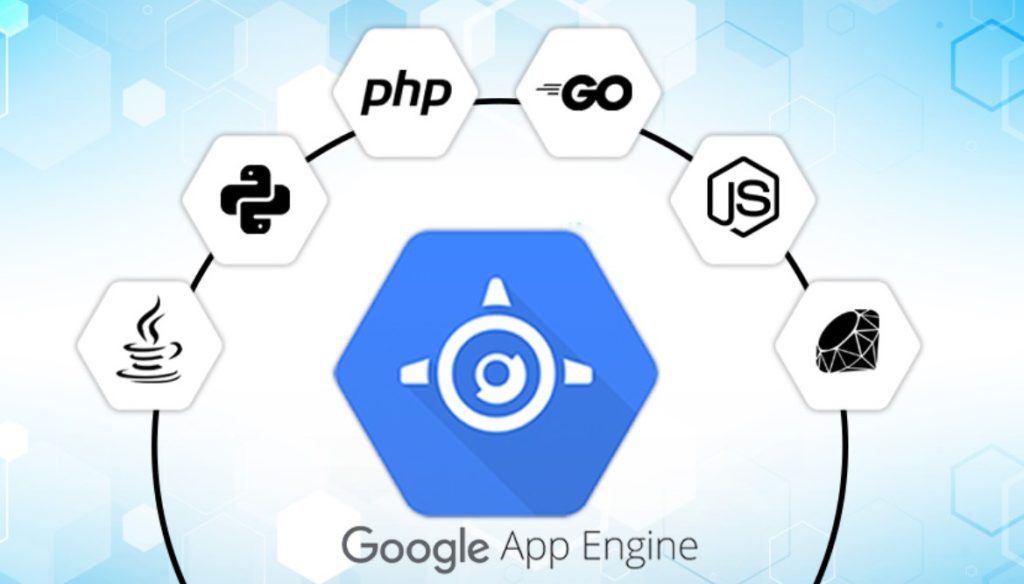In the buzzing ecosystem of cloud computing, Google App Engine emerges as a powerful solution for developers and businesses alike. Whether you’re an enterprise looking to scale or a startup aiming for quick deployments, Google App Engine provides a multitude of benefits designed to fit your specific needs. But what exactly is Google App Engine, and how can it revolutionize the way you do business? In this comprehensive guide, we delve into the key features of Google App Engine and why it should be on your radar if you’re serious about leveraging the cloud for your business operations.
Unpacking the Essentials: What is Google App Engine?
When it comes to understanding what is Google App Engine, it’s crucial to dissect its components and how they seamlessly integrate with one another. At its core, Google App Engine is a fully-managed serverless platform for building, deploying, and scaling applications within Google’s robust cloud infrastructure. It takes the complexity out of the equation, allowing developers to focus on writing code, rather than wrestling with server configurations. One of the core advantages here is the abstraction of underlying infrastructure, which frees you from worrying about the nitty-gritty details of server maintenance.
The concept of “serverless” might be confusing to some. Contrary to the name, it doesn’t mean the absence of servers. Rather, it signifies that the responsibility of managing servers is shifted away from the developer. What makes Google App Engine exceptional is its ability to scale automatically in response to incoming traffic, guaranteeing that your application remains responsive at all times. This makes it particularly advantageous for businesses that experience variable web traffic.
In the realm of cloud-based solutions, you might have come across terminologies such as PaaS (Platform as a Service) and IaaS (Infrastructure as a Service). Google App Engine is fundamentally a PaaS, which offers a higher level of abstraction than an IaaS. This allows you to concentrate on the application logic, while Google handles the underlying infrastructure, including servers, networking, and storage.
Notably, Google App Engine supports multiple programming languages like Python, Java, Go, and PHP. Therefore, you can continue using languages you are already comfortable with, further shortening the development lifecycle. This is a key consideration for any Google App Engine developer aiming to push applications to market rapidly.

The Business Angle: Google App for Business
The Google App Engine isn’t just a developer’s playground; it’s a robust framework for Google app for business. By leveraging the power of Google App Engine, businesses can build applications that are inherently scalable, secure, and high-performing.
Suppose you’re an eCommerce enterprise with seasonal traffic spikes. In that case, the auto-scaling feature ensures your site can handle the holiday shopping frenzy without requiring manual intervention. You no longer need to hire a team to manage server instances or worry about paying for idle resources. The App Engine automatically adjusts according to demand, saving operational costs.
Another angle to consider is the speed of deployment. Google App Engine allows businesses to roll out applications at an unprecedented rate. In today’s competitive landscape, time-to-market is often a critical factor determining success or failure. Utilizing the Google App Engine can give you the competitive edge that sets you apart from the rest of the pack.
Now, what services are offered by Google under the App Engine umbrella? Apart from auto-scaling, you get access to Google’s comprehensive suite of services like BigQuery for data analytics, Cloud Storage for unstructured data, and Cloud SQL for relational database management, among others.
Reviews and Comparisons: Google Compute Engine Reviews
If you’re curious about how Google App Engine stacks up against other cloud services, you may find some Google Compute Engine Reviews helpful. While Compute Engine is another offering under Google’s cloud services designed for custom machine types and options, it serves a different need than App Engine.
Google App Engine simplifies many complexities and offers built-in services like in-memory caching, application logs, and robust APIs. It is designed for businesses that require quick, scalable, and fully managed solutions. The Compute Engine, on the other hand, is more customizable and provides raw compute resources. Businesses that need highly specialized resources often gravitate toward Compute Engine.
Many reviews highlight the ease of use and automated management features of Google App Engine as standout points. These save not only time, but also operational costs. Moreover, the strong security protocols like OAuth, SSL, and Google’s Secure Data Connector ensure that your data and applications are safeguarded at all times.

Going Mobile: Mobile App Engine
As mobile usage continues to surge, it’s essential to ask how Google App Engine caters to the mobile ecosystem. The answer lies in Google App Engine’s versatile mobile app engine capabilities, which enable developers to create mobile-backend-as-a-service (MBaaS).
By using Google App Engine as your mobile backend, you can store data, manage users, and even conduct complex queries. Its high-performance computing capabilities allow mobile apps to run efficiently, catering to a vast audience, without the risk of crashing or slowing down.
Another noteworthy feature is the integration with Firebase, Google’s mobile and web application development platform. This makes it exceedingly straightforward to implement real-time database updates, push notifications, and analytics into your mobile app.
Diving into Services: App Engine Services
When you examine App Engine services, it’s evident that the platform is designed to be a comprehensive solution for modern web applications. These services range from Datastore, a NoSQL database, to Memcache, which is an in-memory caching system.
Memcache, for instance, can speed up dynamic web applications by alleviating database load. It acts as a temporary data storage that significantly reduces data access times, resulting in faster application performance. Meanwhile, the Task Queue service manages the execution of background work, allowing the application to run smoothly even when tasked with heavy processing.
For businesses that require complex transactional capabilities, Google App Engine offers Cloud Endpoints. These are tools that allow you to create, expose, and consume APIs, serving as a bridge between your App Engine application and other services.
Conclusion
The transformative power of Google App Engine is evident in its wide array of features, scalability options, and the strong ecosystem it resides in. It has opened new avenues for developers and businesses to create applications that are not only powerful, but also cost-effective and efficient. With automatic scaling, support for multiple programming languages, and a host of other services, Google App Engine stands as a versatile, robust solution for modern application needs. Whether you’re a budding developer or a seasoned business professional, Google App Engine is a platform that should not be overlooked if you’re keen on making the most out of cloud computing.